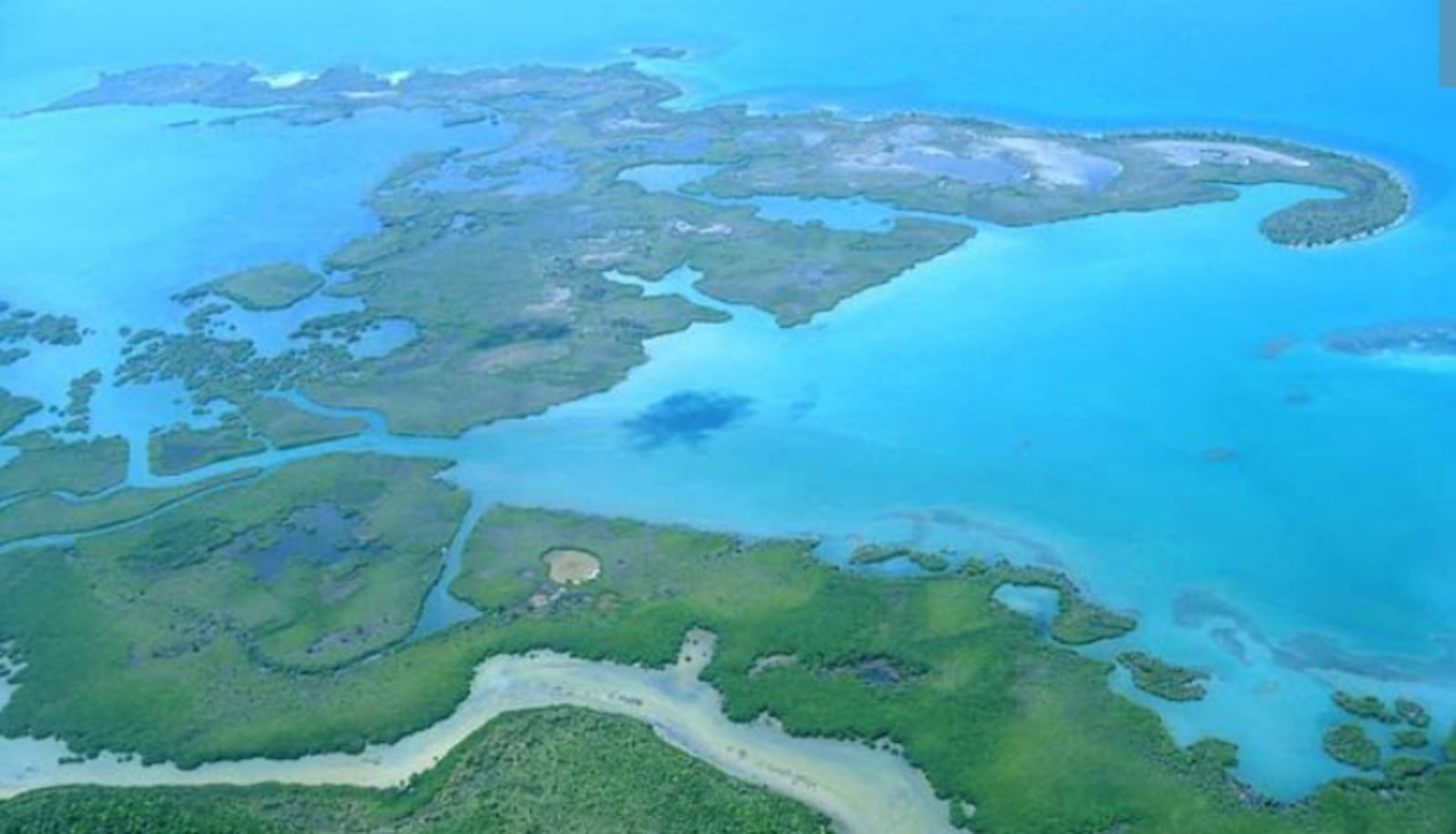
Oceans are essential to the survival of all life, as these roaring blue expanses guarantee food security, our health, and power the climate and biodiversity. This requires the government to aim its policies towards the three goals of sustainable development: environmental, social, and economic.
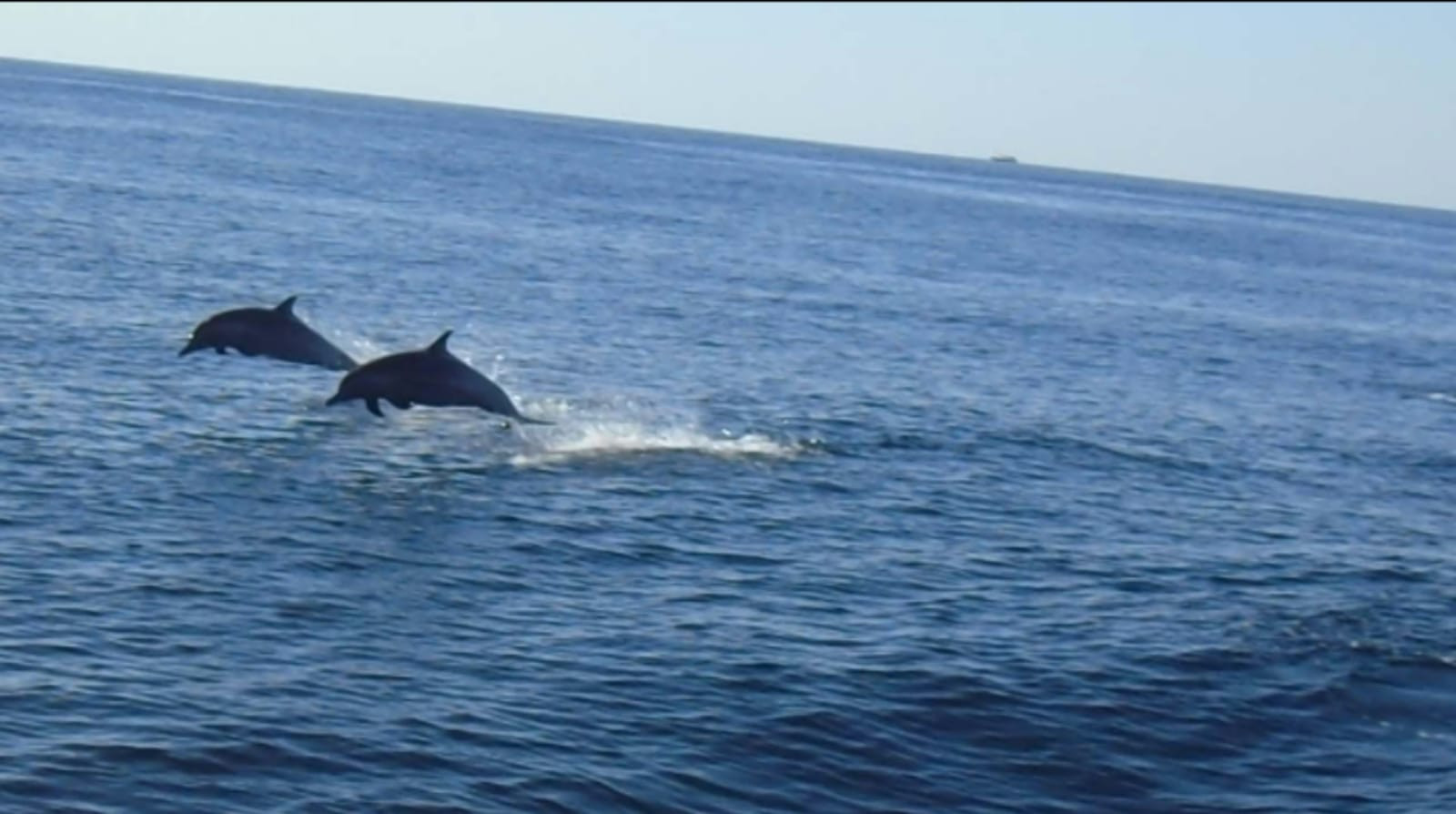
Like any other part of the world, Pakistan is also observing the ‘World Oceans Day’ on Saturday (today), with this year’s theme, ‘Awaken New Depths’. The day provides opportunity to raise global awareness of the current challenges faced by the international community in connection with the oceans.
Pakistan is among those lucky nations, which are blessed with coastlines, stretching more than 1,000 kilometres along Sindh and Balochistan. The country owns more than 240,000 square kilometres area in the Arabian Sea, which provides sustenance to over 4 million fishermen.
1717788991-2/WhatsApp-Image-2024-06-08-at-12-31-48-AM-(1)1717788991-2.jpeg)
Marine biodiversity experts believe that ocean is a source of 60% of oxygen and a huge sink of carbon dioxide. However, this huge asset of the nation is under various threats because of several irresponsible human activities.
According to Mohammad Moazzam Khan, Technical Adviser at the World Wide International Fund (WWF-Pakistan), 44 countries of the world were deprived of this gift of sea. “Pakistan has a vast sea of 240,000 square kilometres, which is home to 700,000 species of plants and aquatic life,” he said.
1717788990-0/WhatsApp-Image-2024-06-08-at-12-31-48-AM-(3)1717788990-0.jpeg)
“But [unfortunately] we don’t treat our sea well. Around 5 million gallons of polluted water is dumped into the sea from Karachi alone. Out of the 15,000 tons of waste generated in the city on a daily basis, 3,000 tons of waste reaches the sea through rains and winds,” he added.
Because of this, the marine life is affected a lot. In the past, eight types of mangroves were found in the country’s coasts but now those species are limited to four. Dirty oil spilled from ships and launches and untreated industrial waste from factories into the sea are other major causes of marine pollution.
1717788990-1/WhatsApp-Image-2024-06-08-at-12-31-48-AM-(2)1717788990-1.jpeg)
According to Dr Babar Hussain, Natural Resource Management Coordinator at the International Union for Conservation of Nature (IUCN), litter on beaches, especially plastic bags and plastic bottles, are severely harmful for aquatic life.
“The turtles found in Pakistan are considered rare in the world but they are dying because of this plastic. The nests of marine turtles found in Pakistan are facing extinction,” Dr Hussain warned. “There are eight species of dolphins and whales in Pakistan,” he added, pointing to threats to them.
1717788990-4/WhatsApp-Image-2024-06-08-at-12-31-47-AM-(1)1717788990-4.jpeg)
Dr Hussain said that the IUCN had planted about 7.7 million mangroves in the Indus Delta in the last five years. “Mangroves protect us against storms. If we save mangroves today, the mangroves will save us tomorrow,” he emphasised.
According to Dr Hussain, mangroves also have economic value, stressing that blue economy could be supported by protecting the marine environment. “One hectare, which consists of 1,100 mangroves, if protected, can earn $35,000 through breeding of aquatic life, including shrimps and crabs.”



1723807223-0/jimin-(1)1723807223-0-165x106.webp)




1727509596-0/Untitled-design-(8)1727509596-0-270x192.webp)


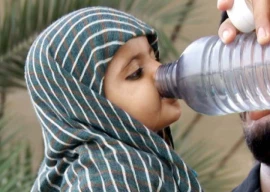

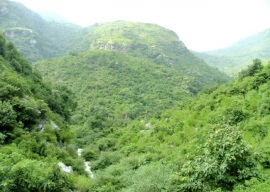
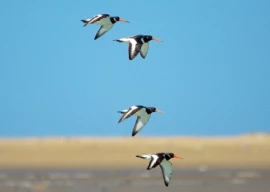






COMMENTS
Comments are moderated and generally will be posted if they are on-topic and not abusive.
For more information, please see our Comments FAQ